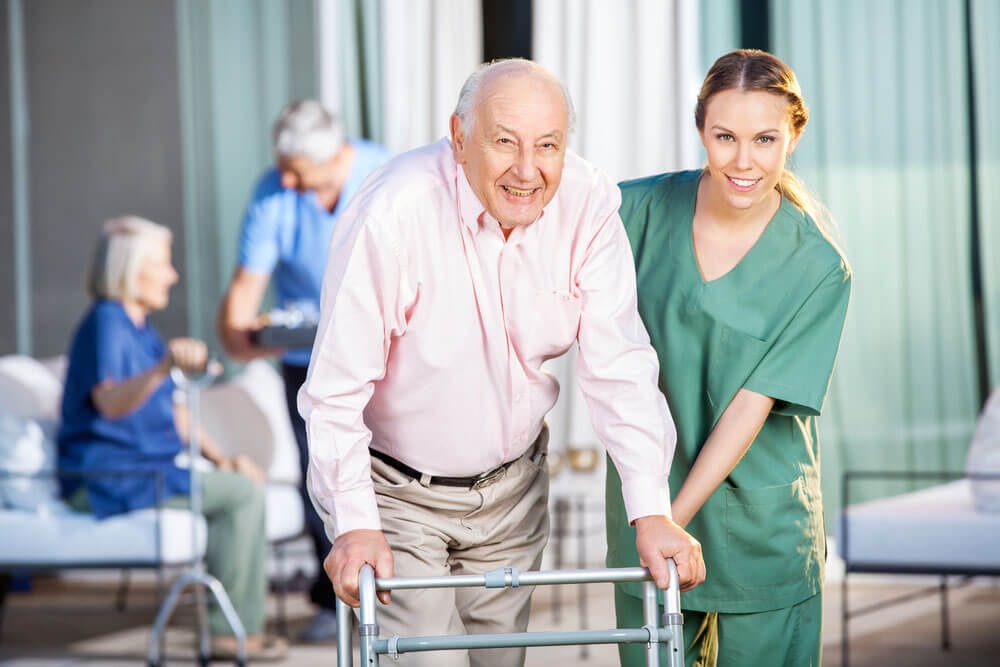The Importance of Fall Prevention and Communication in Long Term Care
Preventing falls is the first line of defense in mitigating injuries and decreasing liability. Having preventative measures in place is essential for creating a safe environment for your residents.

September marks the observance of National Fall Prevention Month, a time when we emphasize the importance of senior safety. As operators and managers of personal care homes or assisted living facilities, you play a critical role in providing a safe and secure environment for your residents. Falls are a significant concern in your line of work and taking proactive measures to prevent these incidents and improve communication after a fall can greatly reduce liability and ensure the well-being of your residents.
Fall Prevention Measures
Preventing falls is the first line of defense in mitigating injuries and decreasing liability. Having preventative measures in place is essential for creating a safe environment for your residents. Here are some evidence-based fall prevention measures to consider:
- Conduct a comprehensive fall risk assessment on each resident upon admission.
- Create an individualized care plan for each patient, tailored to their risk factors.
- Ensure proper lighting and slip-resistant flooring.
- Install grab bars and handrails in bathrooms, hallways, and other high-risk areas.
- Utilize bed and chair alarms to alert staff of potential falls.
- Encourage physical activity and exercise to improve strength and balance.
- Monitor medications that can cause dizziness or drowsiness.
- Monitor for illnesses that can cause falls such as urinary tract infections.
Implementing these measures can make residents feel safer and improve your personal care home’s reputation. It can also limit potential liability, should a fall occur.
The Importance of Communication
Effective communication is critical in diminishing liability in the event of a fall. Prompt and clear communication can help you identify what caused the fall, record the details of the incident, and notify the resident’s family members and physician. In addition, good communication practices can help you avoid potential legal issues that may arise after a fall. Here are some communication tips when a fall does occur:
- Train staff to respond quickly and appropriately when a fall happens to stabilize and protect the resident from further injury, seek medical help when necessary.
- Notify relevant parties, including family members and physicians, as soon as possible after the fall.
- Document all details of the incident, including circumstances surrounding the fall and any injuries sustained. Prompt and accurate documentation is imperative to support you if a claim is filed and prevent liability issues.
- Conduct regular staff trainings to ensure effective communication and practices for fall prevention.
Falls can result in serious injury and liability in personal care homes; however, preventative measures and effective communication can help mitigate these risks. Your insurance company can play a critical role in providing guidance and education on best practices for preventing falls and communicating effectively in the event of a fall. By implementing these strategies, your personal care home can provide a safer environment for residents and experience fewer claims resulting from falls.